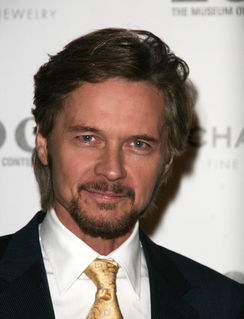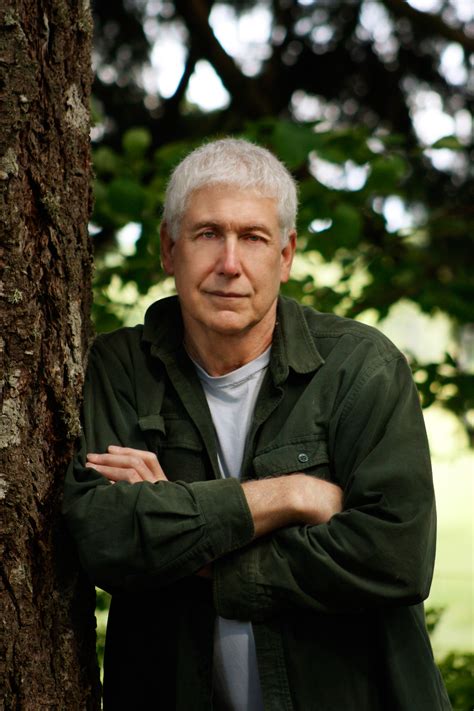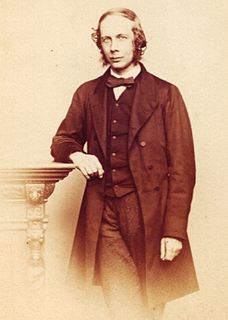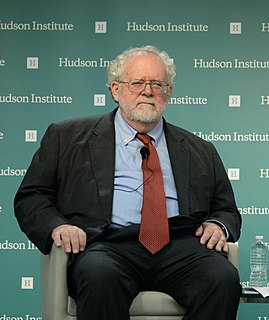A Quote by Stephen Nichols
If you want a symbol of Roman power and strength look no further than the Praetorian or Imperial Guard. We could take this one step further. It was this world of Roman power into which Christ came, in which the Apostles ministered, in which the New Testament authors wrote, and in which Christianity came into being. And to all of those things, Rome stood opposed, violently opposed.
Related Quotes
Buddhas have a strength which is not of this world. Their strength is totally of love... Like a rose flower or a dewdrop. Their strength is very fragile, vulnerable. Their strength is the strength of life not of death. Their power is not of that which kills; their power is of that which creates. Their power is not of violence, aggression; their power is that of compassion.
In the agreement to rescue Rome [i.e., the Roman Catholic Church's hierarchy] from the predicament of losing its world control to Protestantism, and to preserve the spiritual and temporal supremacy which the popes [had] 'usurped' during the Middle Ages, Rome now 'sold' the [Roman Catholic] Church to the Society of Jesus [i.e., the Jesuits]; in essence the popes surrendered themselves into their hands.
Civilization - and by this I do not mean talking cinemas and tinned food, nor even surgery and hygienic houses, but the whole moral and artistic organization of Europe - has not in itself the power of survival. It came into being through Christianity, and without it has no significance or power to command allegiance ... It is no longer possible, as it was in the time of Gibbon, to accept the benefits of civilization and at the same time deny the supernatural basis on which it rests ... Christianity ... is in greater need of combative strength than it has been for centuries.
[My father] impressed upon me from the first, that the manner in which the world came into existence was a subject on which nothing was known: that the question, "Who made me?" cannot be answered, because we have no experience or authentic information from which to answer it; and that any answer only throws the difficulty a step further back, since the question immediately presents itself, "Who made God?
We must ask whether our machine technology makes us proof against all those destructive forces which plagued Roman society and ultimately wrecked Roman civilization. Our reliance - an almost religious reliance - upon the power of science and technology to forever ensure the progress of our society, might blind us to some very real problems which cannot be solved by science and technology.
When Edward Gibbon was writing about the fall of the Roman Empire in the late 18th century, he could argue that transportation hadn't changed since ancient times. An imperial messenger on the Roman roads could get from Rome to London even faster in A.D. 100 than in 1750. But by 1850, and even more obviously today, all of that has changed.
The central problem of our age is not liberalism or modernism, nor the old Roman Catholicism or the new Roman Catholicism, nor the threat of communism, nor even the threat of rationalism and the monolithic consensus which surrounds us. All these are dangerous but not the primary threat. The real problem is this: the church of the Lord Jesus Christ, individually corporately, tending to do the Lord’s work in the power of the flesh rather than of the Spirit. The central problem is always in the midst of the people of God, not in the circumstances surrounding them.
The Church has been and now is unalterably opposed to gambling in any form whatever. It is opposed to any game of chance, occupation, or so-called business, which takes money from the person who may be possessed of it without giving value received in return. It is opposed to all practices the tendency of which is to encourage the spirit of reckless speculation, and particularly to that which tends to degrade or weaken the high moral standard which the members of the Church, and our community at large, have always maintained
The broadening of the economic order which came to be seated in the individual property owner... dramatized by Jefferson's purchase of the Louisiana Territory... "The supremacy of corporate economic power... consolidated by the Supreme Court decision of 1886 which declared that the Fourteenth Amendment protected the corporation... [the New Deal, leading to], within the political arena, as well as in the corporate world itself, competing centers of power that challenged those of the corporate directors.
Hence the importance of patience in the New Testament, which becomes the basic constituent of Christianity, more central even than humility: the power to wait, to persevere, to hold out, to endure to the end, not to transcend one's own limitations, not to force issues by playing the hero or the titan, but to practice the virtue that lies beyond heroism, the meekness of the Lamb which is led.



































